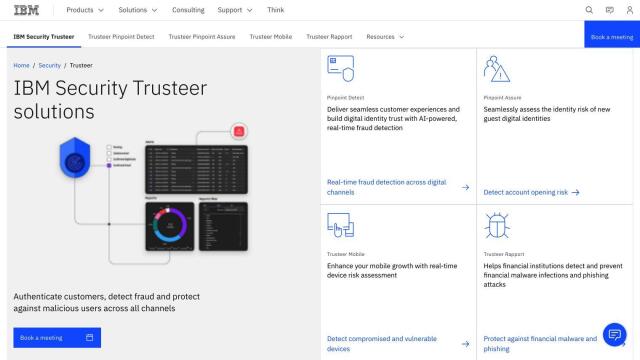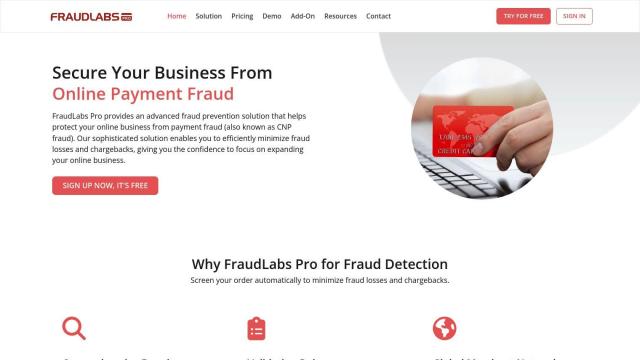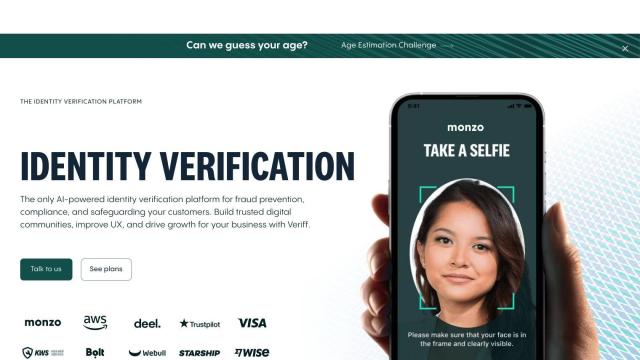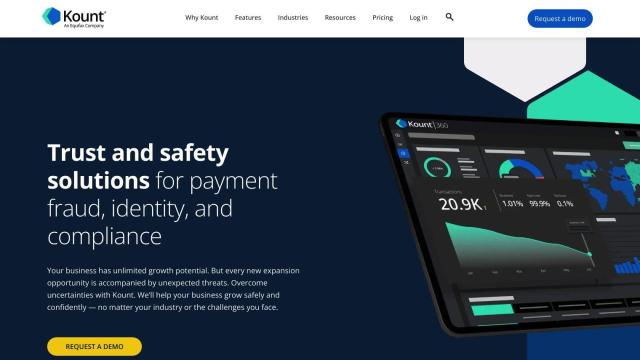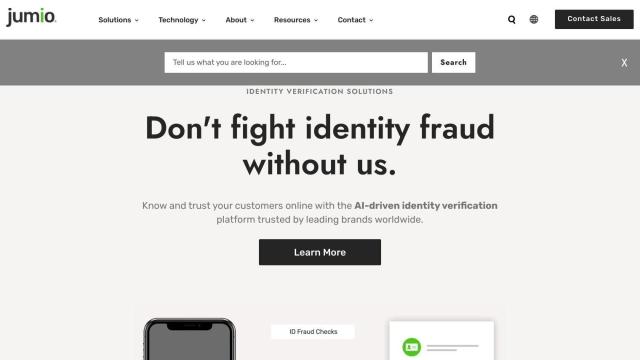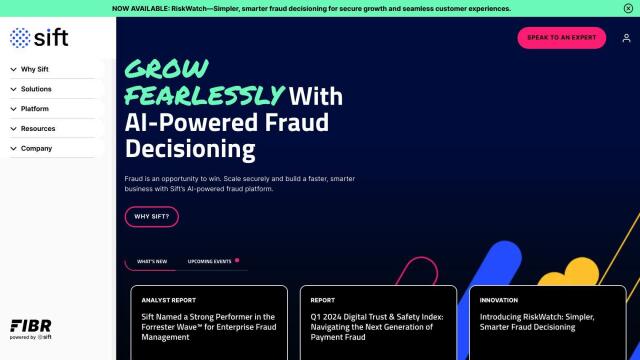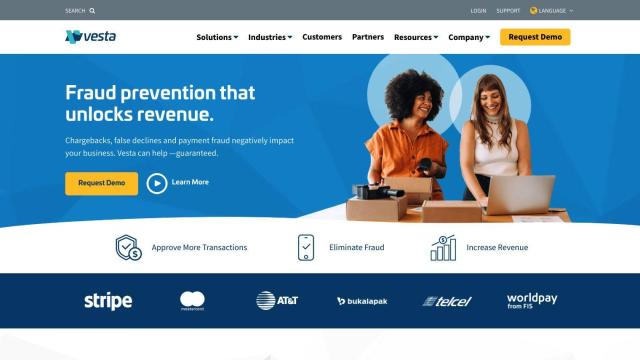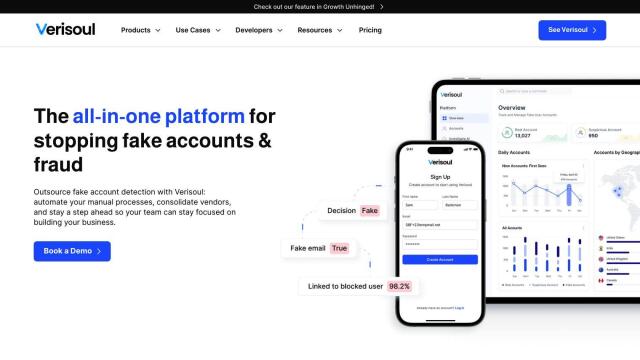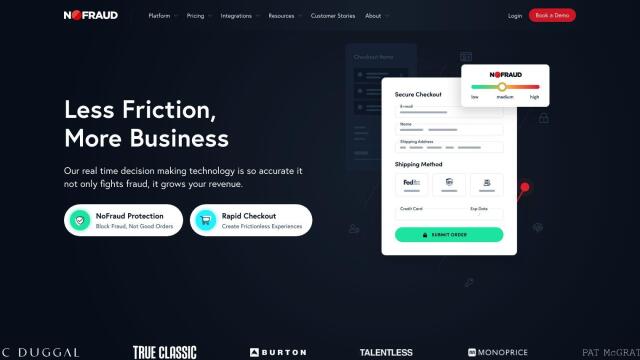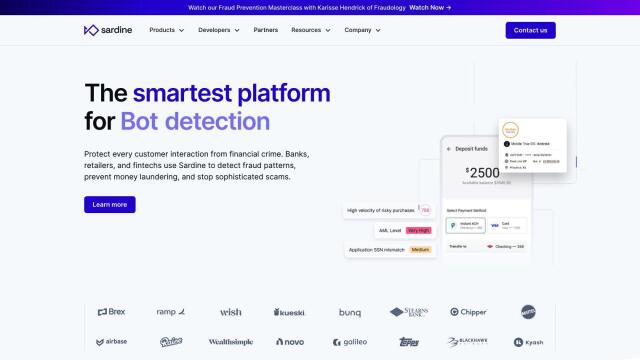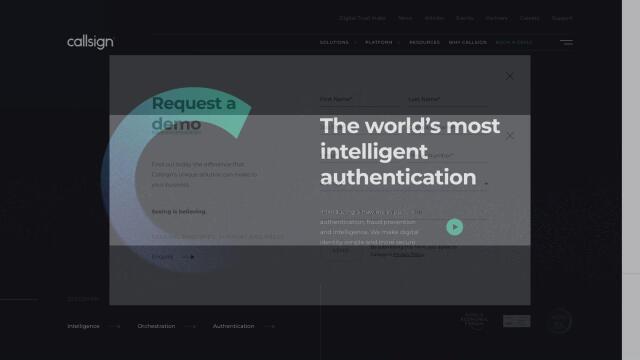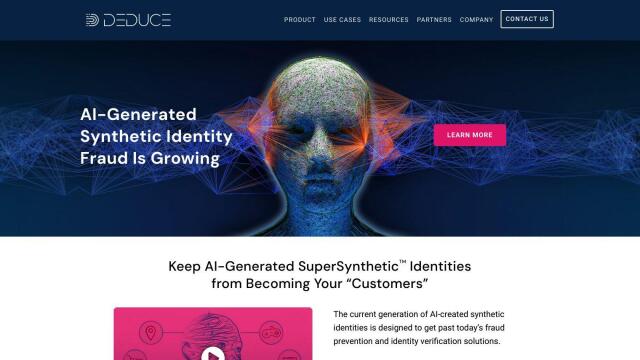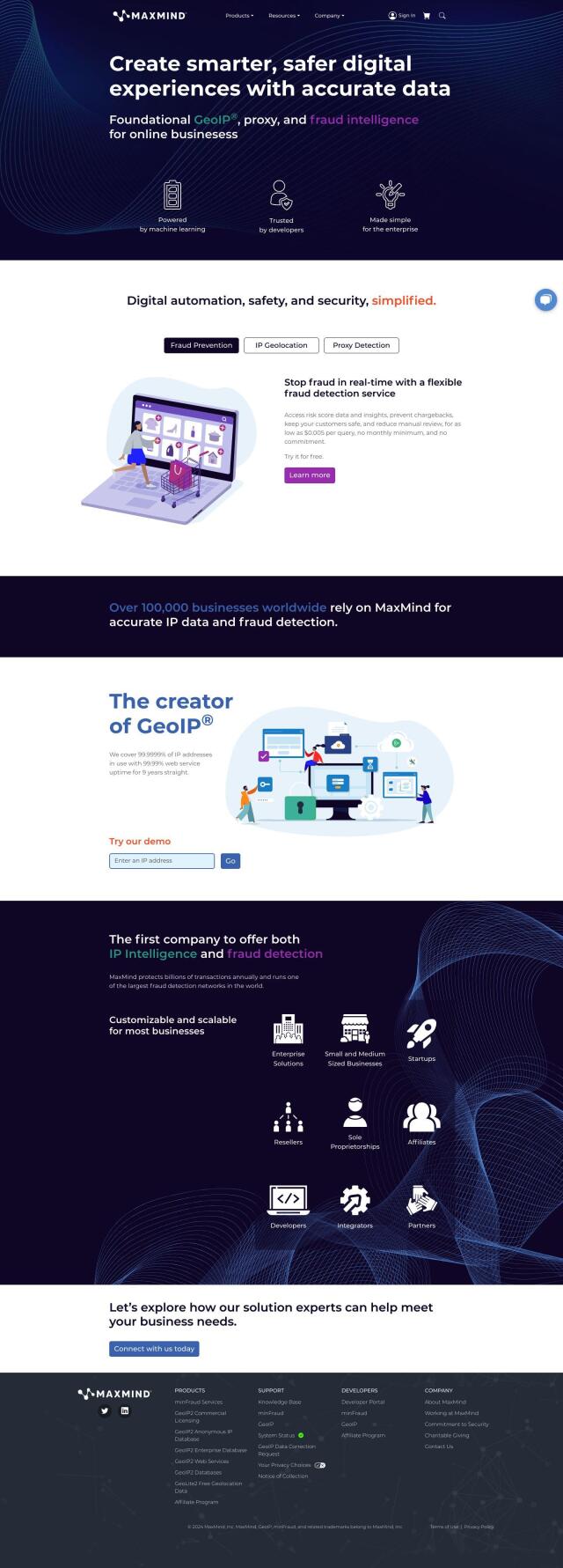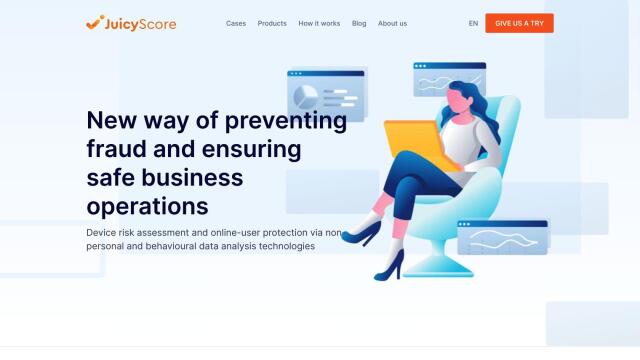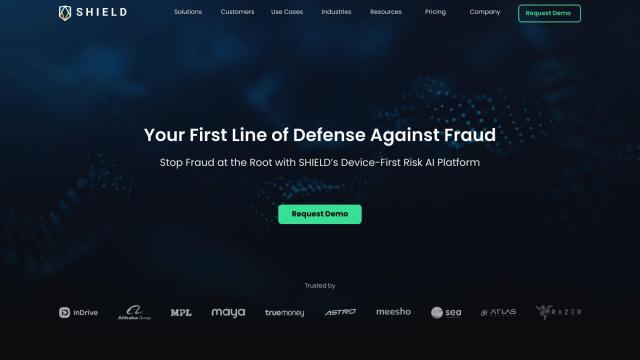Question: How can I assess the risk associated with a customer's email address to prevent fraud in online transactions?

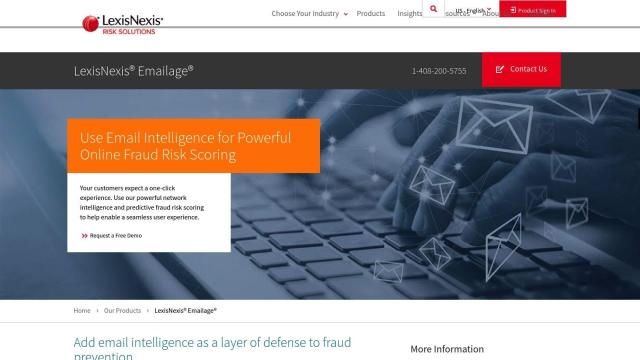
LexisNexis Emailage
If you're trying to evaluate the risk of a customer's email address for fraud prevention in e-commerce, LexisNexis Emailage is a good option. The fraud prevention service assesses risk at multiple points of contact, including account opening and e-commerce transactions, based on email intelligence that combines email metadata and PII. It offers a single email risk score that can help you flag fraud without causing friction for legitimate customers.

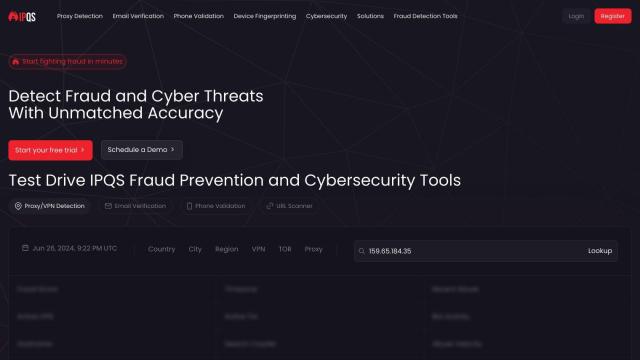
IPQS
Another good option is IPQS, an artificial intelligence-powered fraud detection service that offers real-time insights through sophisticated algorithms that analyze more than 300 data points. It includes features like email verification, VPN detection and fraud scoring that can help you block fraudulent transactions and protect customer data. IPQS integrates with Hubspot and Salesforce, among other services, so it's a good option for businesses of all sizes looking to improve fraud prevention and cybersecurity.

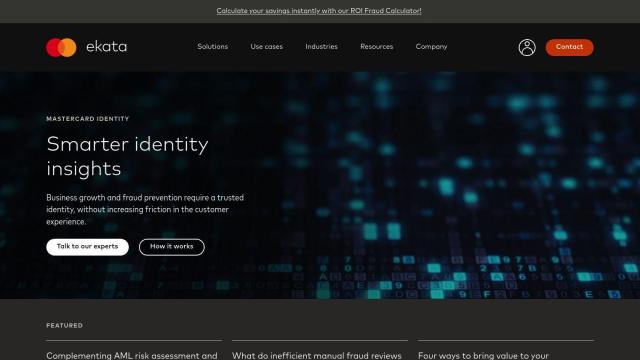
Ekata
If you're looking for a more global customer identity verification and fraud prevention service, Ekata is worth a look. Its machine learning insights help verify identities and inform anti-money laundering risk assessments, so businesses can stop fraudulent account creation and transaction fraud. Its Identity Review 360 and Transaction Risk API tools let businesses onboard new customers with more confidence and manage manual review queues more efficiently.

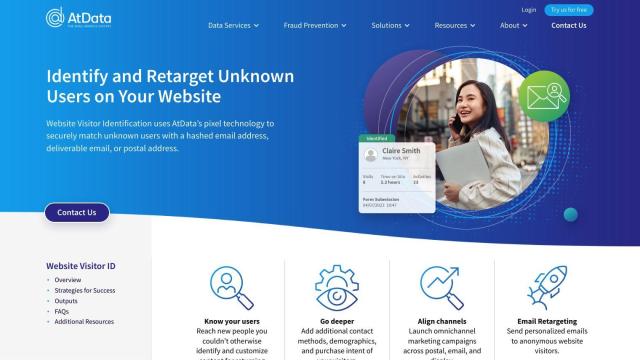
AtData
Last, AtData offers an email address intelligence service that can help businesses improve customer experience with email validation, data enrichment and identity matching. By using machine learning models to ensure data is captured accurately and safely, AtData can help you reduce fraud and increase engagement, which is critical to protecting your online transactions.

